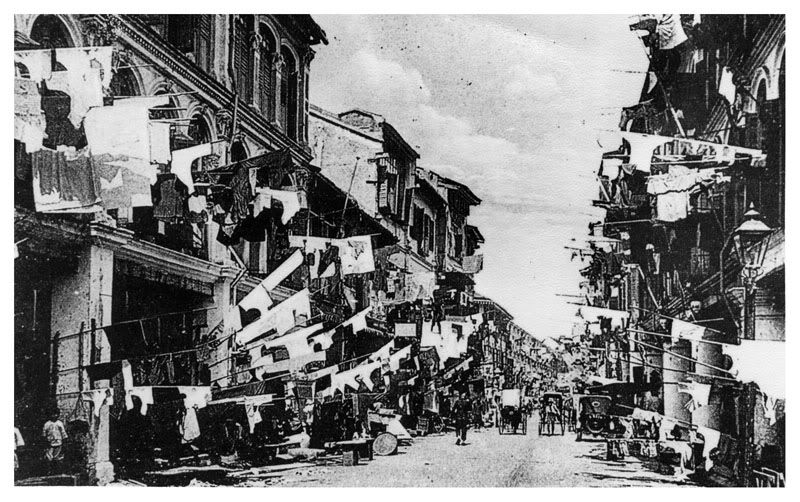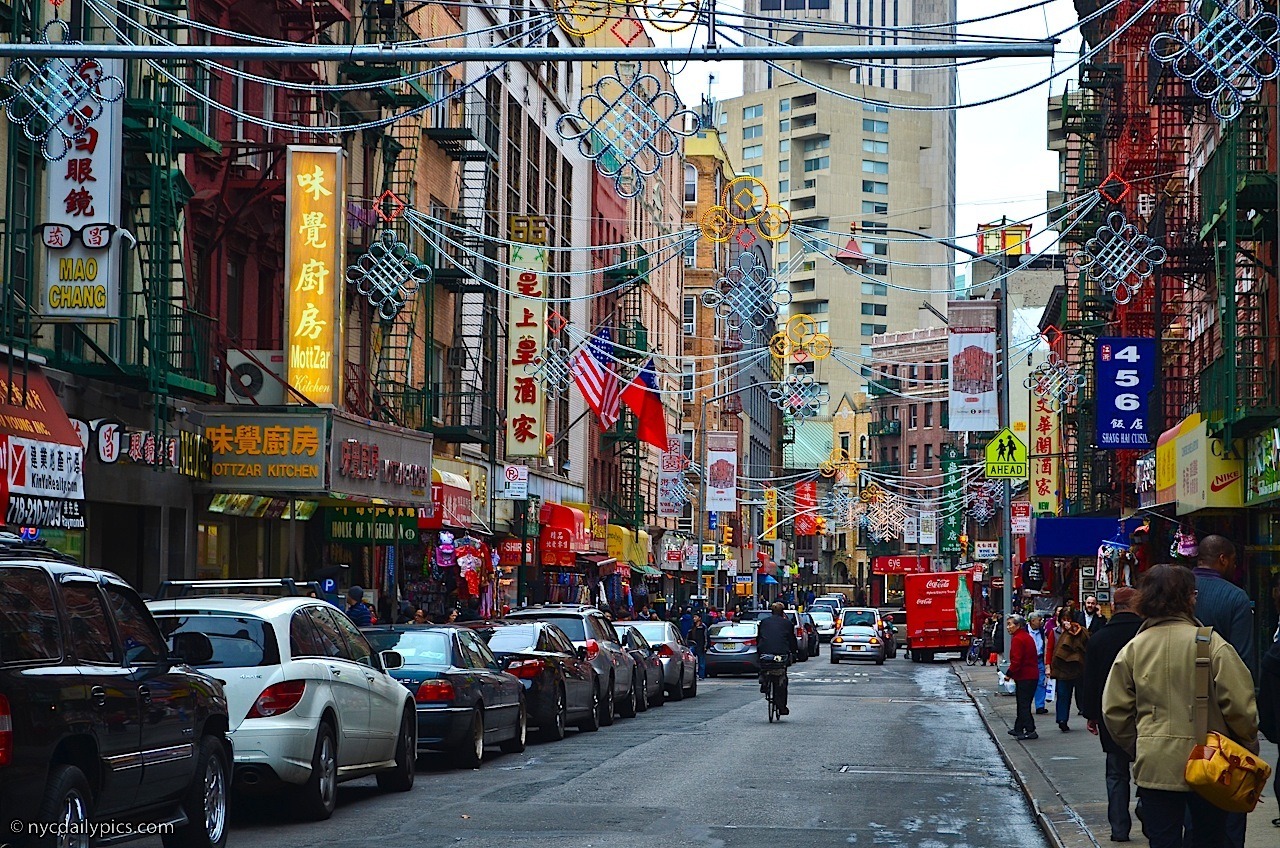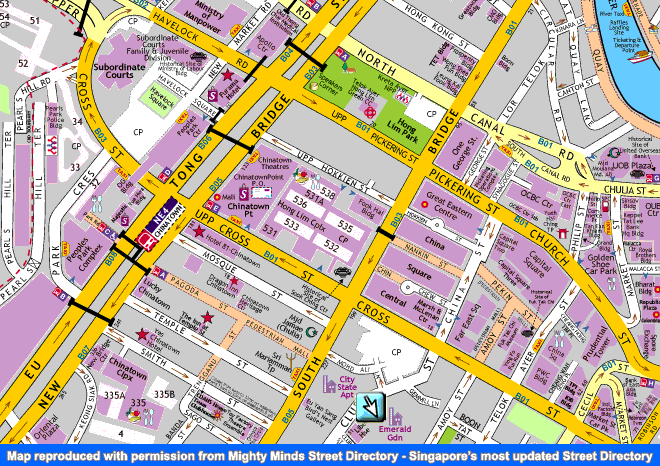We are Group 7 from Burgundy 6. Our level had the opportunity to go on a trail to Chinatown. We were all ecstatic and thrilled to go to Chinatown Singapore to learn about its history. This is the information we gathered about Chinatown Singapore and its history, this blog also includes our experience and reflection after this trip. We hope you find it helpful and informative!
** (^-^)**
~Group members are~
-Nicolette Joy
-Nur Tarisha
-Queeshia Pascual
- Nicole Cheah
~(@_@)~
- Nicole Cheah
~(@_@)~
Our Experience In Chinatown:
For some us it was the first time exploring Chinatown, we were very excited to see what there was in store. As we walked through Chinatown, I saw the roads decorated with beautiful decorations and caught a glimpse of the magnificent and intricate designs on the buildings and temples.
Our first stop on the trail was Duxton road, it was where there used to be many shop houses.
It looked run down and old, yet there was so much history behind it.
We then made our way to Maxwell market, which was kind of like a hawker centre. There was many variety of foods and drinks there, which made it very hard to decide to eat.
Then, we went to Pagoda street , which house's the 3rd oldest temple in Singapore, Sri Mariamman Temple. We had the opportunity to have a tour of it, we saw many deities and their names. It was fascinating to learn more about a different religion and their beliefs.
We also had the chance to see the Jamae Chulia Mosque before ending the day, after walking past Chin Chew Street and Sago Street. This part of the trail was probably the most interesting as i have always wanted to visit a mosque, although i was not a Muslim.
*History Of Chinatown*
Back in the 19th century, the concept of a Chinese Town was first conceived by Sir Stamford Raffles. Dissatisfied with the haphazard way the settlement around Singapore River and Boat Quay had developed with the sudden influx of immigrants mainly from China, Stamford Raffles issued a plan proposing a Chinese Kampong to the Town Planning Committee in 1822.
Raffles separated the early Chinese immigrants according to provinces of origin and also by what the British perceived to be different classes. Thus Hokkiens occupied Telok Ayer Street, China Street and Chulia Street; Teochew-speaking Chinese occupied Circular Road, Boat Quay and South Bridge Road; and the Cantonese occupied mainly Kreta Ayer, Upper Cross Street, New Bridge Road, Bukit Pasoh and parts of South Bridge Road. This arrangement contributes to the reason why today one may encounter a different speaking dialect group in each different part of Chinatown.
Here is a picture of the old Chinatown
in Singapore:

Here is a picture of the present Chinatown in Singapore:

STATIONS:
STATION 1: SRI MARIAMMAN TEMPLE
The Sri Mariamman Temple is Singapore's oldest Hindu temple. It is located at 244 South Bridge Road, in the downtown Chinatown district. Due to its architectural and historical significance, the temple has been made a National Monument and is a major tourist attraction. Sri Mariamman Temple is managed by the Hindu Endowments Board, a board under the Ministry of Community Development, Youth and Sports.
The Sri
Mariamman Temple was founded in 1827 by Naraina Pillai, eight years after the
East India Company established a trading settlement in Singapore. Pillai was a
government clerk from Penang who arrived in Singapore with Sir Stamford Raffles
on his second visit to the island in May 1819. Pillai went on to set up the
island's first construction company, and also entered the textile trade. He established himself in business and was identified as a leader of the
Indian community. Inside the temple,there is an area where coconuts are broken, this ritual is done to ward off evil and bring good luck.

Jamae Mosque was set up by the Chulias, who were Tamil
Muslims from the South India. They came to Singapore mostly
as traders and money changers and set up three mosques within a short time;
Jamae Mosque was the first. The other two are Al-Abrar Mosque and Nagore
Durgha, both of which are on Telok Ayer Street.
In 1894, Jamae Mosque and Nagore Durgha were placed under a
panel of court-appointed trustees, under which they remained until 1961. The
Muslim and Hindu Endowment Board then took over the management of the mosque
until 1968, when it handed the reins over to Majlis Ugama Islam Singapura
(MUIS).
Despite two efforts to rebuild it, the present structure has
remained more or less unchanged since it was completed in 1830. Jamae Mosque is
skewed towards Mecca although the mosque's compound is aligned with the street
grid.
Jamae Mosque's value as a historical site was crystallised
when it was gazetted as a national monument on 29 November 1974.

STATION 3: MAXWELL MARKET:
Experience
an authentically Singaporean dining experience by having a meal at a food center here. Located in the heart of Chinatown, Maxwell Road Hawker Centre has
over 100 stalls, providing one of the biggest varieties of local food in
Singapore. Even with the influx of vendors, the stalls’ offerings are very
varied and you will easily spoilt for choice here.
Some must-try items here at Maxwell Road Hawker Market
include the famous Tian Tian Chicken Rice, the traditional congee with pork and
century egg from Zhen Zhen Porridge stall and the popular char kway teow from
the Marina South Delicious Food stall.

Chinatowns In Different Countries:
1) Sydney Chinatown
~Famous Restaurants in Sydney Chinatown ~
- Miga Restaurant
- Golden Harbour
- Spicy Sichuan
- East Ocean
- Red Chilli Sichuan
- Spicy Panda
- Wagaya Sushi


Acknowledgements:
Chinatowns In Different Countries:
1) Sydney Chinatown
~Famous Restaurants in Sydney Chinatown ~
- Miga Restaurant
- Golden Harbour
- Spicy Sichuan
- East Ocean
- Red Chilli Sichuan
- Spicy Panda
- Wagaya Sushi

2) Bangkok Chinatown
~Famous Restaurants In Bangkok Chinatown~
- Double Dogs Tea Room
- Lek and Rut Seafood
- Cotton Restaurant at Shanghai Mansion
- Himali Cha Cha
- Hua Seng Hong
-Lao li Shark Fin

~Famous Restaurants In Bangkok Chinatown~
- Double Dogs Tea Room
- Lek and Rut Seafood
- Cotton Restaurant at Shanghai Mansion
- Himali Cha Cha
- Hua Seng Hong
-Lao li Shark Fin

3) NYC Chinatown
~ Famous Restaurants In NYC Chinatown~
- 456 Restaurant
- Amazing 66
- Congee
- N.Y. Noodletown
- Hop Kee
- Green Bo Restaurant
- The Grand Sichuan

~*Our Reflections*~
Queeshia 's Reflection: After going on the trail through Chinatown, I learnt so much about different religions and their beliefs and Chinatown's history. This trail was actually my first time in Chinatown and this was the best experience i could ask for, although i would also like purchasing some souvenirs. The most memorable experience i had was when we had a tour of the Sri Mariamman Temple and learning about its history and beliefs of the religion. I concluded that i will most definitely visit there more often and learn more about the history behind it.
Nicole's Reflection: After going on the i-trail to Chinatown, I have learnt a lot about the history of Singapore when migrants came and decided to live here. I have also learnt more about Indian and Muslim religions and their beliefs. For me, the most memorable experience during the learning journey was visiting the Jamae Chulia Mosque, it had such a fascinating history and the tour guide even told us an interesting story of a floating stone in Mecca which could be a legend.
Nicolette's Reflection: During my learning journey to Chinatown, I learnt about the many places there, like Pagoda Street and Duxton Road. My most memorable experience would be having lunch with my peers at Maxwell Market. I think Chinatown is a good place to learn as there are many places to visit there.
Tarisha's Reflection: I have learnt many new things in Chinatown like the history of the Jamae Chulia Mosque,Sri Mariammam temple and many more. My most memorable experience there was that i could work in pairs and got to bond with my friends more. My thoughts about the learning journey are that although it was hot, it was also fun.
How to get to Chinatown:

This the MRT map in Singapore. The Chinatown stop is in the the purple line, the North East line. The Chinatown stop is number NE4. You can also get to the stop by travelling by the Downtown Line.
Possible Buses You can take to Chinatown:
~CT8
~CT18
~CT28
MAP OF CHINATOWN:

WE HOPE YOU FOUND THIS USEFUL AND INTERESTING!!! (@-@)
~THANKS FOR READING~

This was awesome. Thanks so much for your observations (and it was great you included a map).
ReplyDeleteWah very nice
ReplyDelete